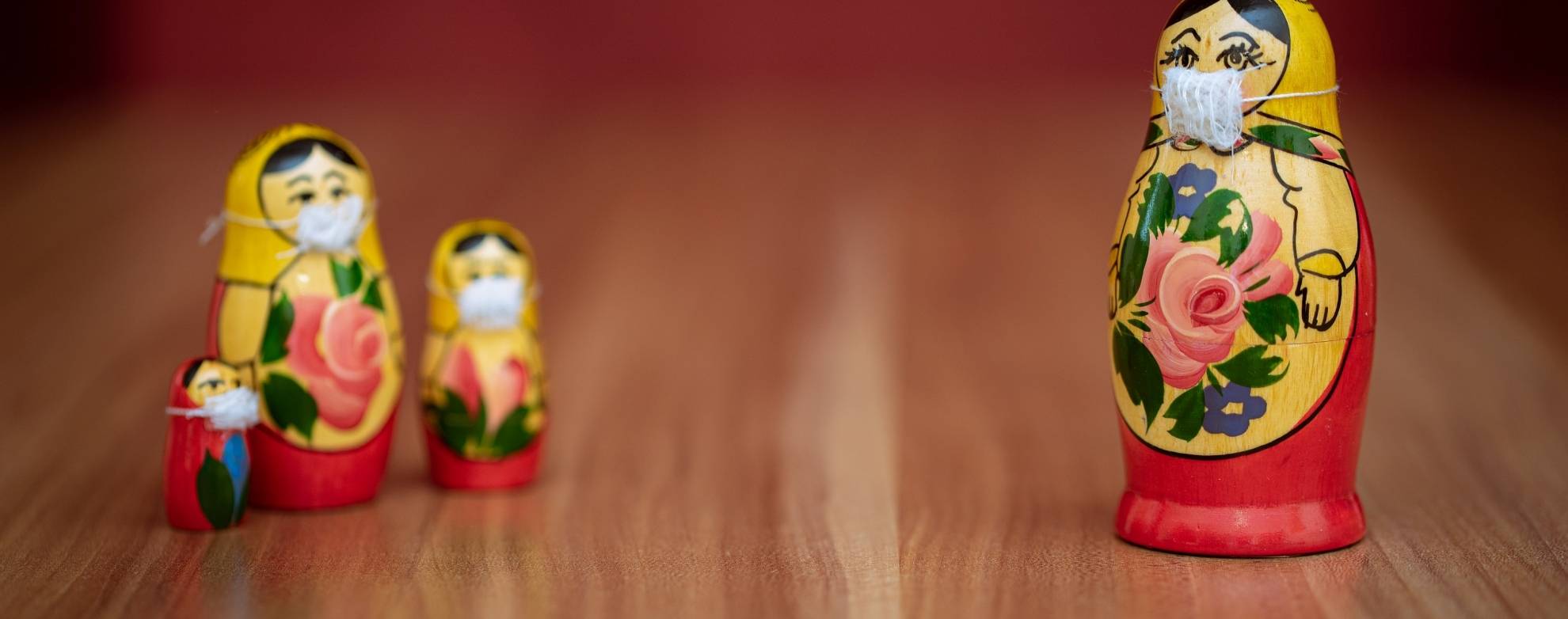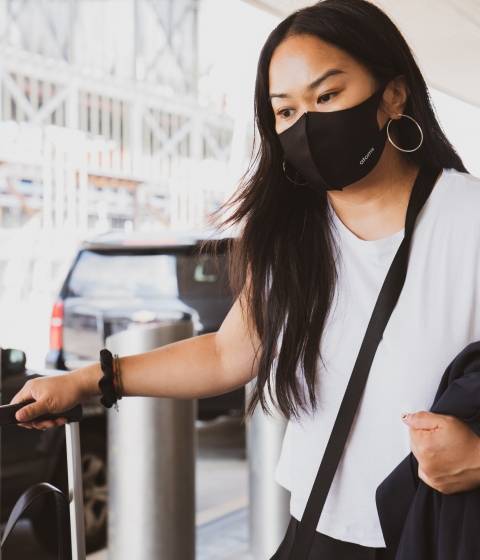How expats have dealt with the coronavirus outbreak

In the expat world, we are used to the idea that the world has become a smaller place. The ease with which we travel, live and thrive in different parts of the world has meant there are more expats – and more people willing to travel for work – than ever before.
But a highly mobile global population is also one of the reasons that the coronavirus has spread so devastatingly. Expats, miles from home, found themselves in a particularly difficult situation when it became clear that the virus was going to bring unprecedented disruption to life. We take a look at some of the different ways that global assignees reacted to this unprecedented turn of events in different parts of the world.
Should I stay or should I go?
One of the first decisions for many was whether to stay or go, and people made different decisions for different reasons. For example, Michelle, a Danish national was expecting a child with her German partner – and had to choose which country she would stay in for the immediate future. Free, high-quality German healthcare was one of the factors that led her decision – but, like many expats, she misses the freedom to move freely between countries.
One common experience is the need to decide quickly. Many expats waited too long - either because of stubbornness or bad advice – and found themselves in difficult situations.
For example, it is quite common for some expats to do ‘visa runs’ once in a while, when they leave the country briefly in order to renew their visas. During the pandemic, governments have clamped down on such practices. Daniel, an American expat living and working in Myanmar, was very nearly unable to get back in.

Sometimes the visa comes with the job – so when jobs are lost because of the downturn in business, expats have no right to stay. Yet they may not have the desire or the means to move back.
Different rules for foreigners?
Some expats felt very vulnerable. When a country goes into lockdown, a sense of isolation is inevitable – and that feeling is stronger for those who do not consider it home. But there is another dimension for some expats who find themselves subject to rules and regulations that would not be tolerated in their home countries.
Wesley, an American living in Vietnam, noted for example, that the lockdown was much more severe than he would have expected back home in the US. When someone in his apartment block tested positive, he was told to remain inside – and felt that his forced isolation in an ‘infected’ area left him a ‘sitting duck’ to the virus. This was one of the reasons he repatriated as soon as possible.
No option but to remain?
Most governments called upon nationals living overseas to return home if possible.
However, many found this financially unviable. Take the example of Brook, a US national working in a UK care home; she felt that moving her life back to the US at short notice was something she simply couldn’t afford to do. What’s more, she felt that her “front-line” contribution in the UK was more useful than anything she would be doing in the US.
Others chose to remain because of the media reports of the situation in their home countries. John Shaw, a journalist working in Kenya, opted to stay put rather than return to his native US after hearing reports of the lack of equipment in New York, and field hospitals being put up in Central Park.

Different approaches
Many commentators have noted that stricter socialist regimes have been more effective in controlling the spread of disease since the populations are arguably more used to doing what they’re told.
Expats are among the few who see the difference in the way that different countries handle the pandemic - and in some cases it can be unsettling. One expat found US attitudes ‘laughable and concerning’ when he arrived home to find no health checks or isolation requirements.
Expats also give insight into the countries that were perhaps more prepared, having been affected by the SARS outbreak in 2003. Expat Kate Springer was comforted by the fact that Hong Kong had epidemic controls and processes already in place and did not have to implement the extreme lockdown practised in many other places.
Community versus xenophobia
Some expats have experienced unusually high levels of xenophobia. In cities where business expats were previously welcomed, local attitudes suddenly hardened.
The blame game played between governments has stoked the fires of xenophobia, with one expat noting how a local mother gathered her children and ran away from her in a public park, rather than risk infection.
However, expats have also benefited from the increased sense of community that the pandemic has inspired. Barbara, a Canadian living in Berlin, noted how offers of help were freely given to all.
Help the national effort?
Some expats were inspired to help others. Charlotte lives off-grid in a national park in Uganda, where she runs a safari lodge for tourists. Since all bookings were canceled, she faces lockdown in one of the world’s most remote areas, but does so with good humour and fortitude.
She is also assisting to address one of the biggest issues facing her host country: the lack of information. She has been publishing a blog about coronavirus that collates the best (verified) information in order to help educate others. Charlotte feels that crowded public transport and densely-populated slums will make it difficult for Uganda to prevent the spread of infection – but she is doing her bit to try to spread information instead.

Is there more to come?
There has been a lot of talk about the “new normal”. While we are not speculating here about the future of business travel and global mobility, it is generally accepted that COVID-19 will be a significant factor in our lives for some time.
One of the key factors behind a successful relocation is preparation; expats who have done their homework and are aware of the risks and how to mitigate them are far more likely to achieve happiness and success. It is therefore sensible to be aware of the likelihood of future lockdowns and to plan for them. They are likely to vary, as governments in different countries deal with local factors in their own way – but at least this time, no one can say they weren’t warned.



